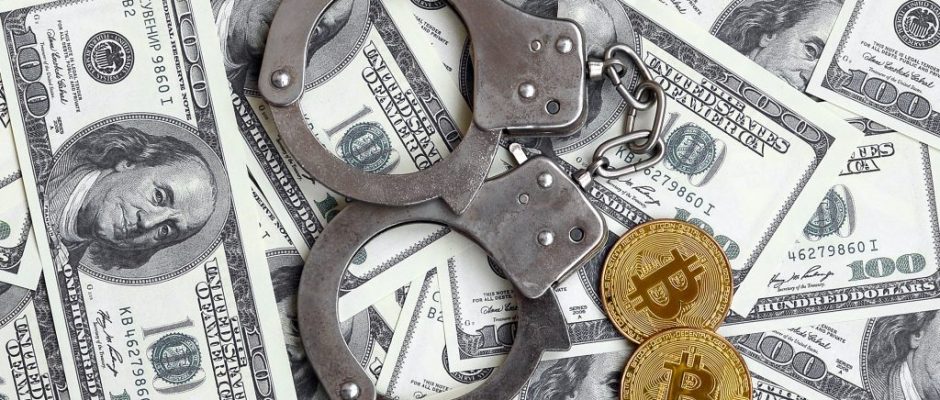FBI Takes Down Crypto-Laundering Scam
The line between cybercrime and plain old-fashioned fraud has become yet more blurred following the sentencing of international virtual currency vendor Anurag Pramod Murarka to 121 months in prison for his involvement in a classic money laundering operation that he advertised on Darknet marketplaces.
According to recently unsealed court documents, Murarka operated an international money laundering business from April 2021 until September 29, 2023. Murarka was able to operate out of India and serviced shady clients in the United States through an intricate Indian “hawala” money transferring system and the use of the US Postal Service as his “unwitting partner in transferring ill-begotten funds.” The original Hawala scam was an Indian political and financial scandal involving illicit payments allegedly sent by politicians through a network of four Hawala brokers that implicated some of the country’s leading politicians.




